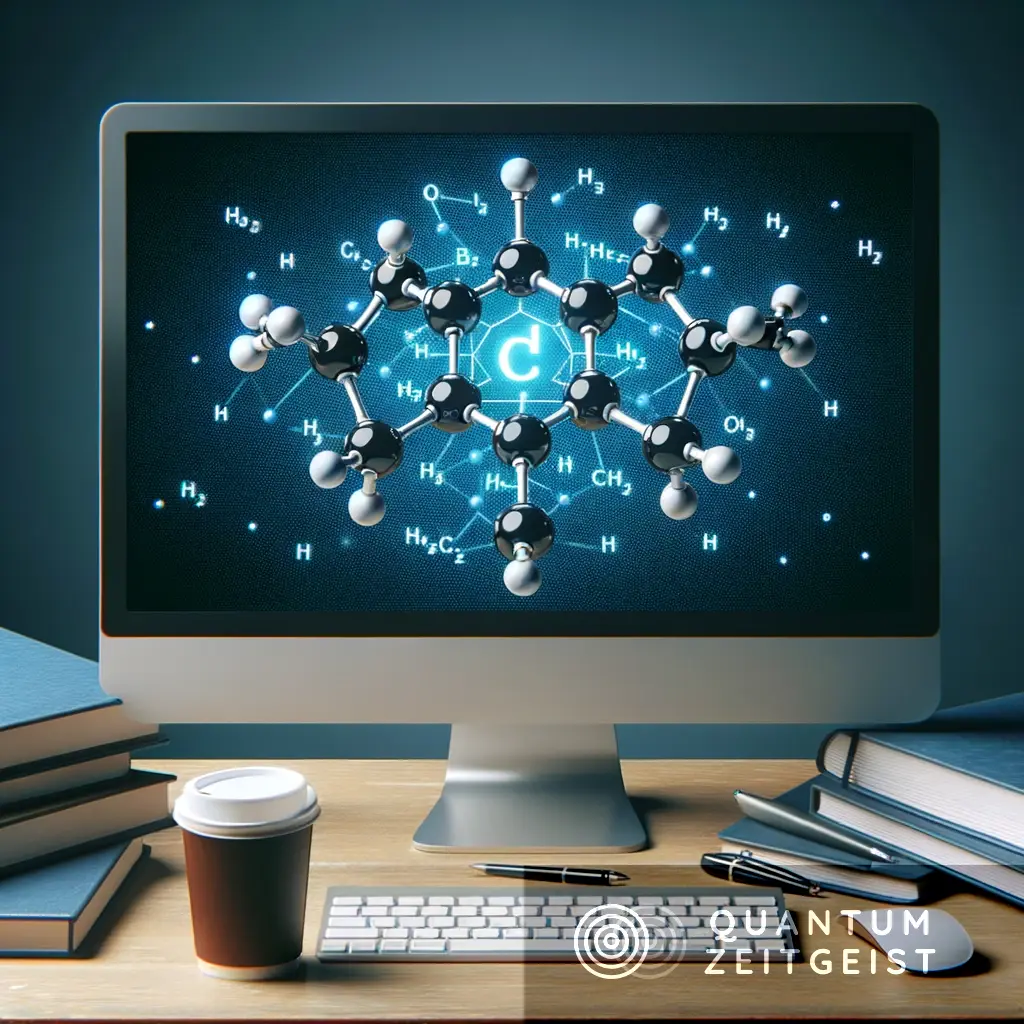Scientists are developing a universal software framework for quantum simulations, aiming to enhance understanding of the quantum world and facilitate global collaboration. The project, named COSMOS, is funded by the Engineering and Physical Sciences Research Council and led by UCL, with researchers from the University of Warwick and other institutions. The software will help scientists explore quantum dynamics more efficiently, aiding in designing new molecules and materials. The project is expected to accelerate developments in the quantum domain, positioning the UK as a global leader in this field. Principal investigators include Professor Scott Habershon and Professor Graham Worth.
“I am very excited to be heading this international team. The project will be a big challenge and I am looking forward to seeing how we can combine our knowledge and ideas to provide a step-change in the way we can describe, visualise and exploit quantum processes.”
Lead researcher Professor Graham Worth, UCL
Quantum World: A Universal Software Framework for Simulations
Scientists are set to develop a universal software framework for simulations, a first in the field. This development aims to remove many barriers that currently hinder a deeper understanding of the quantum world. The universal code for computer simulations will enhance our comprehension of the quantum domain, which includes tiny particles, atoms, and molecules that make up the matter around us.
Powerful sources of light are used by scientists to study these particles. The results of these experiments can answer important questions about how particles behave in chemical reactions, material properties, and new quantum technologies. To understand these results, computer simulations are crucial. These computer-generated virtual models show how these tiny particles move according to the rules of quantum physics.
However, the problem lies in the fact that most research groups use their own custom-made software for their studies. This individual approach makes it difficult for scientists to use ideas from one group to improve the methods of another group.
“Many important new technologies – like quantum computing and artificial photosynthesis (creating sustainable energy from sunlight) – are based on understanding and controlling the dynamics of electrons, atoms and molecules. Computer modelling of these quantum processes has always been very challenging – but this exciting new project will allow our team to develop new ideas and new software to meet this challenge head-on.”
Professor Scott Habershon, Department of Chemistry, University of Warwick
COSMOS: A Unified Code for Quantum Dynamics Simulations
To address the issue of individual software use, a new research project called COSMOS is being developed. Funded by the Engineering and Physical Sciences Research Council (ESPRC), and led by UCL with researchers at The University of Warwick, COSMOS aims to develop a unified code for quantum dynamics simulations. This code will be suitable for use by both computational and experimental researchers.
This universal software will enable a wider group of scientists worldwide to use computer simulations to explore the quantum world more efficiently. It will aid researchers across a broad range of research areas to understand state-of-the-art experiments and exploit quantum effects by designing new molecules and materials.
The Impact of Quantum Computing and Artificial Photosynthesis
Many important new technologies, like quantum computing and artificial photosynthesis (creating sustainable energy from sunlight), are based on understanding and controlling the dynamics of electrons, atoms, and molecules. Computer modelling of these quantum processes has always been very challenging. However, this new project will allow the team to develop new ideas and software to meet this challenge head-on.
By supporting a large, yet integrated cohort of early-career researchers, this programme grant will provide an enormous acceleration to developments in the quantum domain. This positions the UK as a global participant in this domain as we move from the era of classical computation and simulation into the quantum era of the coming decades.
The COSMOS Project: A Step-Change in Quantum Processes
The COSMOS project is expected to provide a step-change in the way we can describe, visualise and exploit quantum processes. The project will be a big challenge and the team is looking forward to combining their knowledge and ideas to provide this step-change. The COSMOS code will transform how we obtain new insights from our experimental results, and it will allow us to study ever more complex photochemical processes.
“New advances of the type offered by the COSMOS project are essential for the detailed interpretation of experimental data from ultrafast spectroscopy studies of photochemical processes important in the Earth’s atmosphere or in biological systems. The COSMOS code will transform how we obtain new insights from our experimental results, and it will allow us to study ever more complex photochemical processes.”
Professor Andrew Orr-Ewing, University of Bristol
Quick Summary
Scientists are developing a universal software framework for quantum simulations, aiming to enhance global understanding of the quantum world and facilitate collaboration on experiments. This unified code, part of a project called COSMOS, will aid in exploring the quantum world more efficiently, understanding state-of-the-art experiments, and designing new molecules and materials.
- Scientists are developing a universal software framework for simulations to enhance understanding of the quantum world.
- The project, named COSMOS, is funded by the Engineering and Physical Sciences Research Council (EPSRC) and led by UCL, with researchers from the University of Warwick and other institutions.
- The software will help researchers worldwide use computer simulations to explore the quantum world more efficiently and understand state-of-the-art experiments.
- The software will also aid in designing new molecules and materials to exploit quantum effects.
- The project is expected to accelerate developments in the quantum domain and position the UK as a global leader in this field.
- Principal Investigators include Professor Scott Habershon from the University of Warwick and Professor Graham Worth from UCL, along with Dr. Basile Curchod, Professor Adam Kirrander, Professor Tom Penfold, and Professor Dmitry Shalashilin from other universities.
- The software will transform the interpretation of experimental data from ultrafast spectroscopy studies of photochemical processes, according to Professor Andrew Orr-Ewing from the University of Bristol.

